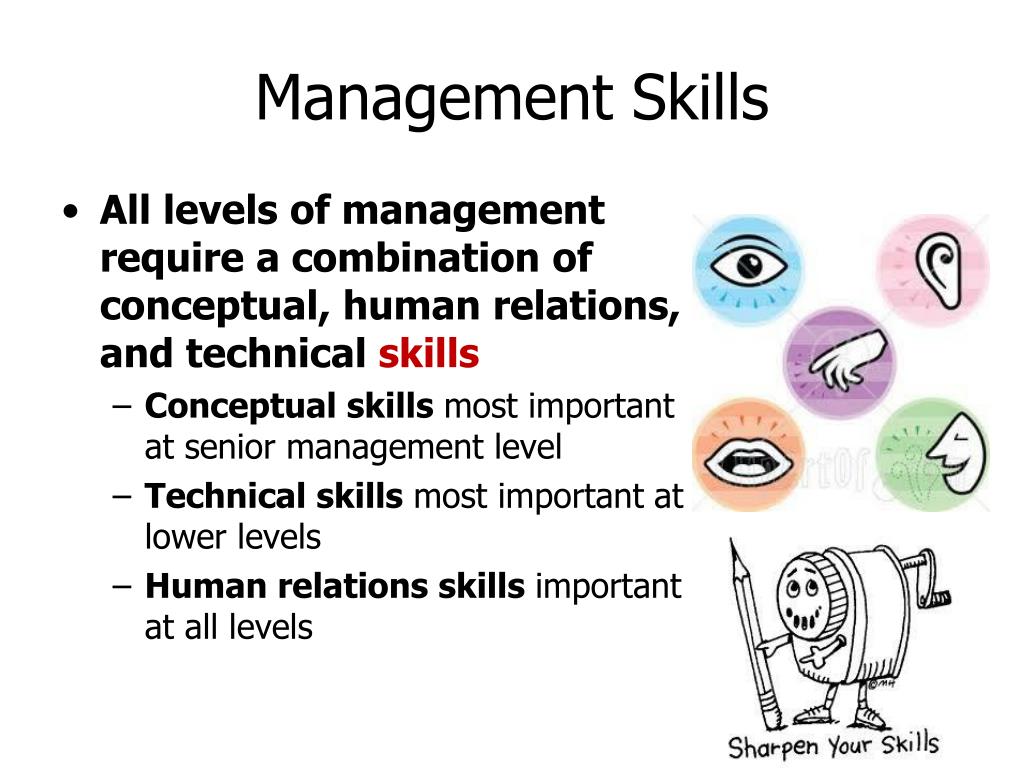Unlocking the Power of Impact: Key Leadership Skills Skills

Within today's rapidly changing and constantly developing professional landscape, effective leadership is more critical than ever. The capability to influence others, motivate teams, and lead organizational success depends on a diverse set of skills that every emerging leader should develop. From emotional intelligence to effective communication, the path to becoming a great leader encompasses a variety of essential capabilities that not only enhance personal performance but also elevate your team's performance.
As we explore the top leadership skills every professional should cultivate, we will investigate the details of making decisions, the importance of flexibility, and the transformative power of active listening. Whether you are managing a tiny team or managing a large organization, understanding and developing these fundamental skills can reveal the power of persuasion you require to navigate your team through challenges and opportunities alike. Join us as we reveal the necessary skills that characterize great leadership in the modern age.
Critical Guidance Skills
In the constantly changing landscape of the workplace, effective leaders must master a wide-ranging set of skills to lead their teams effectively. Top leadership skills include the ability to understand emotions, effective dialogue, and adaptability. Emotional intelligence allows leaders to connect with their team on a intimate level, fostering an environment where individuals feel valued and acknowledged. Effective communication ensures that vision and goals are effectively conveyed, minimizing misunderstandings and boosting collaboration. Adaptability is vital in modern times, empowering leaders to navigate change and tackle new obstacles with assurance.
Another essential skill for leaders is active listening, which boosts their ability to understand team relationships and handle concerns successfully. When leaders truly listen to their team members, they establish trust and foster a culture of honesty, ultimately leading to better decision-making. Additionally, inspiring teams consistently requires a blend of forward-thinking and the capacity to provide helpful feedback. Leaders should endeavor to uplift their team while steering them toward collective goals, reinforcing a feeling of purpose.
Developing resilience and supporting self-awareness is also important in leadership. Resilient leaders can endure setbacks and inspire their teams to do the same, turning challenges into opportunities for growth. Self-awareness prepares leaders to recognize their strengths and weaknesses, enabling them to modify their leadership style to better serve their team. By concentrating on these fundamental skills, leaders can build a more energetic, efficient workforce.
Developing Decision-Making and Emotional Intelligence
Sound decision-making is a cornerstone of effective leadership. Leaders often navigate difficult situations that demand considerate analysis and swift judgments. To improve this skill, it is essential to collect relevant information, consider options, and assess the possible impacts of each choice. Utilizing structured decision-making techniques, such as using pro and con lists or decision matrices, can assist leaders make informed choices. Furthermore, engaging team members in the decision-making process promotes collaboration and diverse perspectives, yielding better outcomes.
EQ plays a crucial role in leadership success, allowing leaders to relate with their teams on a deeper level. It involves the ability to acknowledge and understand one's own emotions as well as the emotions of others. By cultivating emotional intelligence, leaders can respond more compassionately to team members' concerns and motivations. This emotional awareness cultivates a supportive work environment where individuals feel valued, leading to increased morale and productivity. Leaders who exhibit emotional intelligence are also proficient at managing their reactions, especially during difficult situations.

Integrating decision-making skills with emotional intelligence creates a well-rounded leadership approach. When leaders are emotionally attuned, they can make decisions that not only weigh logical outcomes but also the emotional consequences for their team. This dual capability assists in navigating challenging issues with empathy while keeping focus on organizational goals. By continuously refining both decision-making and emotional intelligence, leaders can substantially enhance their effectiveness and the overall success of their teams.
Establishing Impactful Communication and Trust
Strong communication is the foundation of effective leadership. management skills includes not only conveying information in a straightforward manner but also ensuring that messages are understood and comprehended. Leaders who message well foster an setting where team members feel valued and acknowledged. This clarity fosters honest discussions, which can give rise to innovative ideas and answers, forming a collaborative culture. As leaders create definite channels for response and interaction, they allow their teams to succeed and engage more fully with their work.
Trust is closely linked to clear communication. When leaders are truthful and stable in their messaging, they cultivate trust among team members. This trust enhances relationships and motivates team members to communicate their thoughts and worries without fear of judgment or retaliation. Moreover, when leaders show openness, such as admitting their faults or doubts, it builds trust and rapport, allowing for deeper connections and a nurturing work environment.
To create and sustain trust, leaders must prioritize engaged listening. By genuinely considering to what team members communicate, leaders can better comprehend their ideas, issues, and goals. This practice not only recognizes individuals but also helps in resolving potential conflicts before they escalate. As a result, a climate of trust is nurtured, where team members feel enabled to get involved and think outside the box, driving the organization toward its aims with shared commitment and mission.
